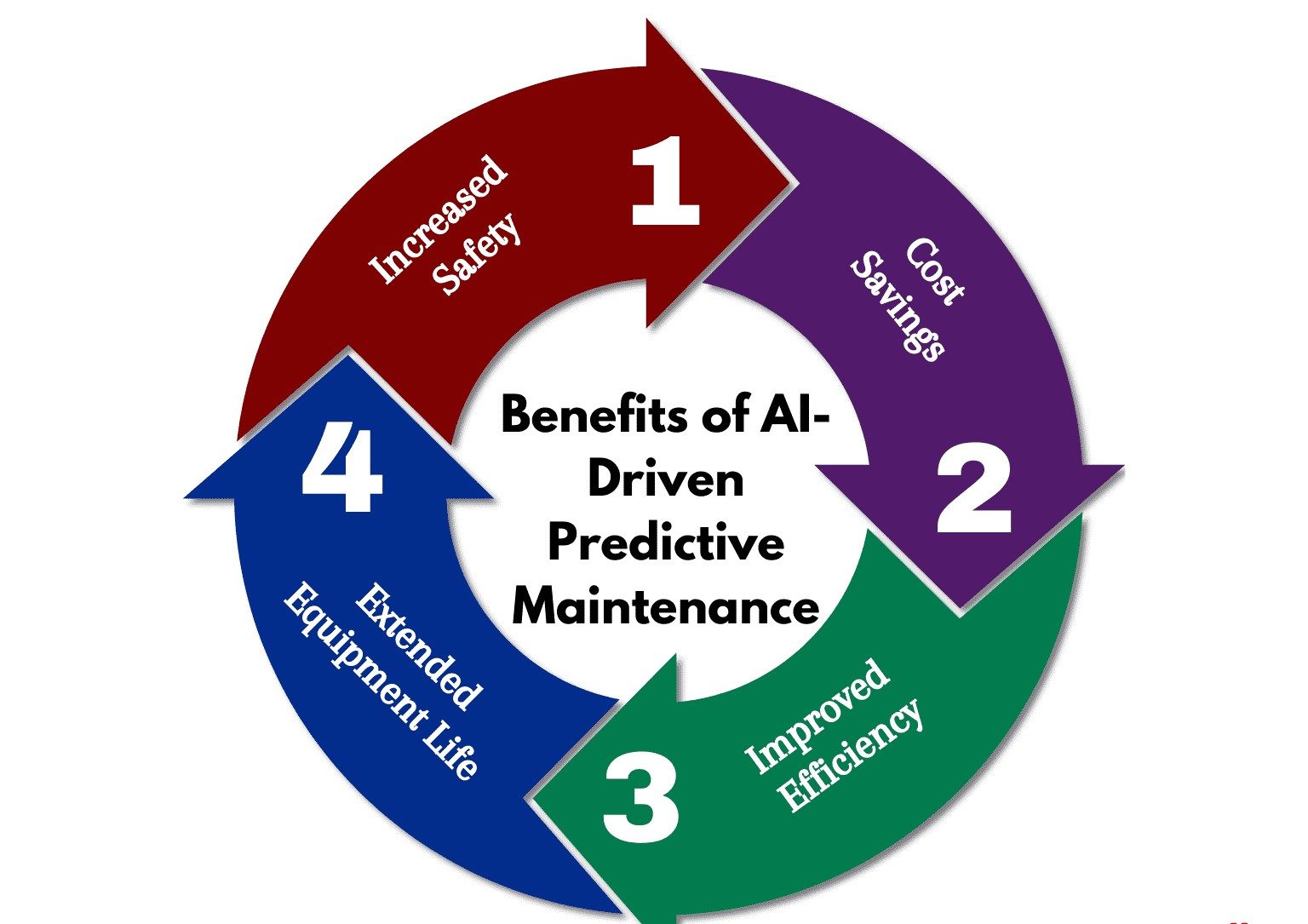As industries increasingly embrace artificial intelligence (AI) for predictive maintenance, questions about the ethical implications of this technology have come to the forefront.
Predictive maintenance uses AI algorithms to predict equipment failures before they occur, allowing for timely interventions that can save time, reduce costs, and prevent accidents. However, the deployment of AI in this context also raises ethical concerns that must be addressed to ensure responsible and fair use.
Data Privacy and Security
One of the primary ethical concerns related to AI in predictive maintenance is data privacy and security. Predictive maintenance systems rely on vast amounts of data collected from sensors embedded in machinery and equipment.
This data often includes sensitive information about operational processes, equipment usage, and potentially even proprietary technology. Ensuring that this data is securely stored and protected from unauthorized access is crucial.

Moreover, companies must be transparent about how data is collected, used, and shared. Employees and stakeholders should be informed about the data collection practices and have the option to opt out if they have privacy concerns. Establishing clear policies and protocols for data management can help address these ethical issues.
Algorithmic Bias and Fairness
AI algorithms are only as good as the data they are trained on. If the training data is biased or unrepresentative, the predictive maintenance system may produce skewed or unfair results.
For example, if the data predominantly comes from specific types of equipment or operating conditions, the AI may not accurately predict failures for other equipment or conditions.
Addressing algorithmic bias requires diverse and representative datasets that encompass a wide range of equipment, environments, and operating conditions.
Additionally, regular audits and evaluations of the AI system can help identify and mitigate any biases that may arise. Ensuring fairness and accuracy in predictive maintenance systems is essential to prevent discrimination and ensure equitable outcomes.
Also Read: Rise of Chinese Automakers And The Threat to Global Markets
Transparency and Accountability
Transparency and accountability are critical ethical considerations in the deployment of AI for predictive maintenance.
Companies must be transparent about how their AI systems operate, including the algorithms used, the data sources, and the decision-making processes. This transparency can build trust among stakeholders and ensure that the AI system is used responsibly.
Accountability is equally important. If an AI system makes an incorrect prediction that leads to equipment failure or other negative outcomes, there should be clear protocols for addressing the issue and determining responsibility.
Establishing accountability frameworks can help ensure that companies take responsibility for their AI systems’ actions and outcomes.
Job Displacement and Workforce Impacts
The introduction of AI in predictive maintenance can lead to concerns about job displacement and workforce impacts.
While AI can enhance efficiency and reduce the need for manual maintenance tasks, it may also result in job losses or shifts in job roles. Addressing these concerns requires thoughtful workforce planning and upskilling initiatives.
Companies should invest in training and development programs to equip employees with the skills needed to work alongside AI systems.
Additionally, involving employees in the implementation process can help address their concerns and foster a positive attitude toward the technology.
Ethical Use and Societal Impact
Finally, the ethical use of AI in predictive maintenance extends beyond individual companies to broader societal impacts.
The deployment of AI should align with ethical principles that prioritize human well-being, safety, and environmental sustainability. Companies must consider the long-term societal implications of their AI systems and strive to contribute positively to society.

The ethical implications of AI in predictive maintenance are multifaceted and require careful consideration.
By addressing concerns related to data privacy, algorithmic bias, transparency, accountability, job displacement, and societal impact, companies can ensure the responsible and ethical use of AI in predictive maintenance systems.
As AI continues to transform industries, fostering ethical practices will be essential to realizing its full potential while safeguarding the interests of all stakeholders.
Also Read: Electric Vehicle Tax Credits Sparking Debate Over Eligibility Rules

